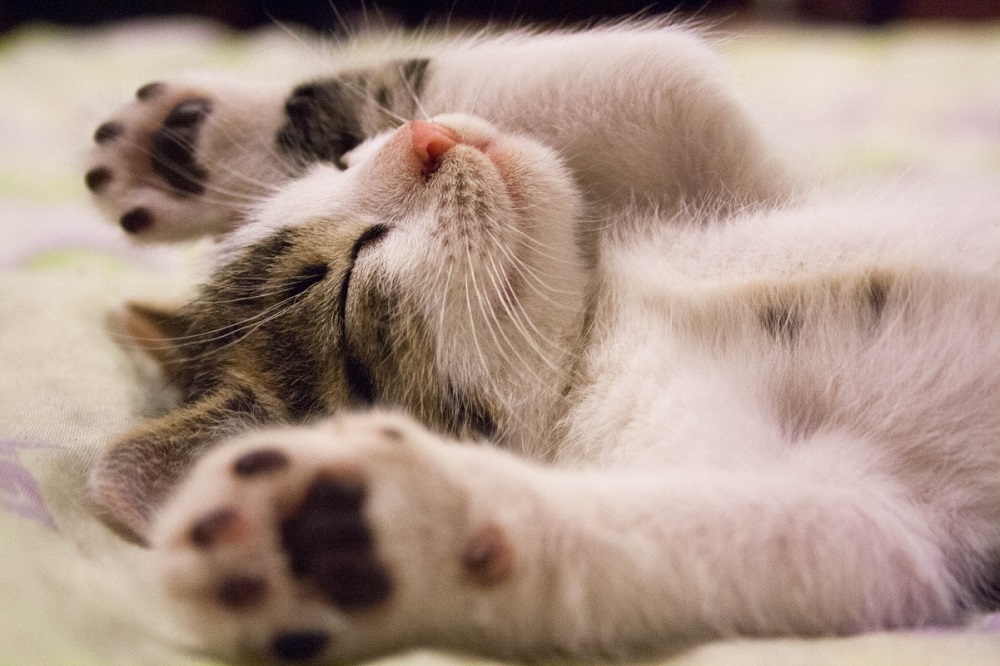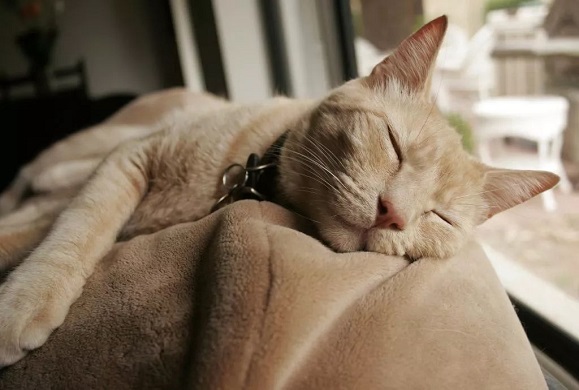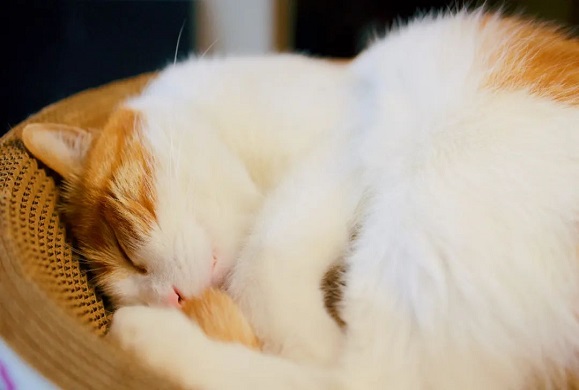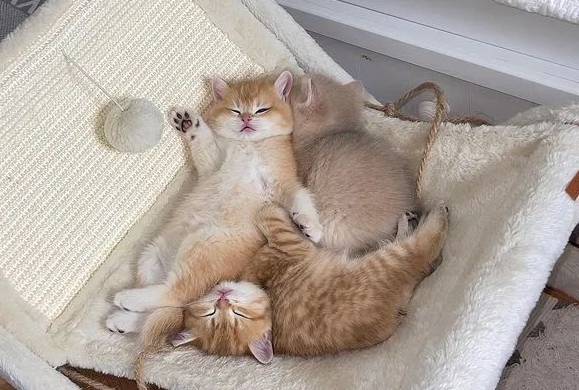
Have you ever had the feeling that when you are awake, your cat is sleeping, and when you are sleeping, it is still sleeping, they seem to sleep 70% of the time, why are cats so sleepy? Behind this seemingly lazy behavior lies the mystery of the cat’s unique physiological structure, behavioral habits and evolutionary history. Let’s explore the reasons today!
Cats’ Unique Biological Clock
Cats have their own unique circadian rhythm. In the wild, cats will be most active in the early morning and dusk, which is their prime time for hunting. Although domestic cats live indoors, their biological clocks have not changed and they will still exhibit higher activity levels during these two times. This pattern of behavior is a reflection of the cat’s loyalty to their roots, as they spend this time patrolling the territory, playing, or interacting with their owners. After this period, you will find cats, either patrolling their territory or dozing off.
Energy Storage And Recovery
In the wild, felines need to hunt for food, which is a very physically demanding activity. In order to ensure enough energy to meet the challenge of hunting, cats need to rest as much as possible to build up energy. Although domestic cats no longer need to hunt, their physiology and energy needs have not changed. They sleep to minimize energy expenditure while waking up energized to meet all the sudden challenges.
Physiological Structure And Sleep Demand
From a biological point of view, the sleep needs of cats are closely related to their physiological structure. Felines are born with a strong hunting ability, thanks to their agile bodies and sharp claws. However, hunting is not an easy task, it requires a lot of physical strength and energy. Therefore, cats need sufficient rest after hunting to recover their strength and get ready for the next hunt. In addition, the sleeping time of cats is also related to their metabolic rate. Compared to other mammals, cats have a faster metabolic rate, so they need more time to sleep and recover their energy.
Cats’ Exclusive Sleeping Habits
From a behavioral perspective, cats’ sleeping habits also reflect their lifestyle. Cats are solitary animals; they don’t have the same pack instincts as dogs and don’t need to interact with their companions as often. As a result, cats prefer to spend most of their time by sleeping. In addition, cats exhibit some interesting behaviors while sleeping, such as snoring and dreaming. These behaviors not only make cats relaxed and satisfied during sleep, but also make people love and pay more attention to them.



Cats’ love of sleep is a comprehensive reflection of their physiological structure, behavioral habits and evolutionary history. As a cat owner, understanding and respecting their sleeping habits, providing them with a good sleeping environment and rationalizing their interaction time is the key to caring for cats and promoting their healthy and happy life.

